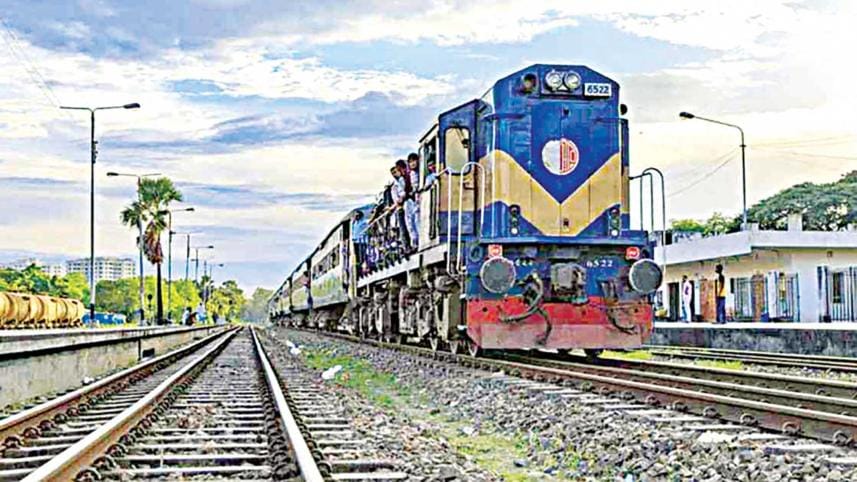BR needs a complete overhaul

Bangladesh Railway (BR), perhaps to no one's surprise, is once again set to miss the completion deadline for 14 of its 20 ongoing projects scheduled to end by this fiscal year. But we must ask: Why should such a state of things continue to be underplayed and even accepted? Of the 14 projects set to miss deadlines, 13 have seen at least one revision already and, reportedly, the authorities are seeking another extension from one to three years for each.
As has become the norm, BR officials have attributed the slow progress of work to delays in land acquisition, unavailability of foreign loans in time and shortages of manpower—the only new excuse added to this old list is "disruptions" due to the Covid-19 pandemic. The other reasons that were mentioned by transport experts are poor planning, faulty feasibility studies and political influence to undertake premature projects. But these have been plaguing the BR for decades. Except for repeating these excuses every time the BR fails to deliver on its targets and objectives, what has it done really? Why haven't the authorities addressed these longstanding problems yet? Are we to assume that they suffer from yearly amnesia, or has the incompetence level at the BR reached an unsolvable height?
In the last one decade, the railway ministry saw a significant budget increase, becoming one of the five ministries or divisions that received the highest development fund allocations. Given that some of the projects undertaken by BR has the potential to produce great economic benefits for the country, we do not have any objections to that. However, since the BR repeatedly fails to implement the projects on time—leading to enormous cost extensions and attendant challenges—we simply don't understand why the government allows for such a state of things to continue without holding the top-level BR authorities to account.
At a time when government high-ups brag about the development of the country at every opportunity—and when other countries are building high-speed railways at a rapid pace—the fact that Bangladesh's state-owned rail transport agency cannot even construct basic rail tracks on time makes a mockery of those claims about our development achievements. It really is embarrassing that a country on the cusp of graduating to a developing country status has such incompetent people and institutions in charge of its rail transport system.
It is time for a complete overhaul of the BR. And those responsible for its chronic failures over the years must be held accountable for wasting valuable public funds and causing or sustaining public sufferings. This will set an example that will make sure such failures are not repeated.
 For all latest news, follow The Daily Star's Google News channel.
For all latest news, follow The Daily Star's Google News channel.
Comments